Hanal Pixan Cozumel Day of the Dead
Hanal Pixan Cozumel Day of the Dead
Brief history of Hanal Pixan
Text & Translation by Moises JH & Tono Lopez
In the framework of the Day of the Dead festivities, many places are preparing to commemorate Hanal Pixan, a tradition deeply rooted in the Mayan culture of the region. Today we had the opportunity to speak with Gladis Tun who tells us the history of Hanal Pixan: Although it is commonly written as “Hanal Pixan”, the correct term is “Janal Pixan”, derived from the Mayan “U hanal pixano”, which means “food for the souls”. This tradition, originating in Yucatan and extended to Quintana Roo and Campeche, has become a way to preserve and share the cultural and gastronomic wealth of the region.
Janal Pixan is not simply a celebration to honor the deceased, but an act that symbolizes respect for the cycles of life and death, according to the Mayan worldview. Contrary to popular belief, the Mayans did not worship death, but rather understood it as a natural part of the life cycle. The preparation and burial of the traditional “Mukbil Pollo,” a tamale ritually prepared in underground ovens, symbolizes this process of rebirth, in which it is believed that what is buried is reborn.
In La Perlita, the family remains faithful to ancestral customs, preparing this dish in a traditional way in a pibil oven, known as “Cocina Pibil Don José.” There, using special firewood and heat-resistant stones, the Mukbil Pollo is buried in the ground, evoking the ancient Mayan practice. This process is not only a reflection of the region’s gastronomy, but also a manifestation of the worldview that is still alive in today’s Mayan communities. It is worth noting that the term “pib” in Mayan means “to bake,” and from there comes the correct way to call this dish, “pibil waj,” since saying only “pib” can cause confusion when referring to the oven instead of the food.
The preparation of Mukbil Pollo, also known as “pibil waj,” has evolved with the arrival of colonization, where originally wild animals such as birds and wild boars were used, but today domestic pigs and birds are used. At La Perlita, the production of these ingredients is done completely organically at the Integral Ranch, where they raise their own animals and grow the herbs, vegetables, and leaves necessary for the preparation.
Beyond the food, the preparation for Janal Pixan is a process that begins months in advance. The women of the community embroider tablecloths and napkins by hand to decorate the tables, on which the food offered to the deceased is placed. The traditional altars of the Quintana Roo region are simple, consisting of a basic table with candles and offerings.
In addition to Mukbil Pollo, in some areas of Quintana Roo and Valladolid, “cha cha cuak” is prepared, a smaller version of tamale, also cooked in an underground oven. This type of tamale, although simpler in presentation, preserves all the ingredients and the essence of the Mayan tradition.
This Day of the Dead in many places will be an opportunity to share and celebrate the Mayan heritage, where gastronomy and culture converge in a festivity full of meaning and respect for the souls of those who have passed away.
If you are interested in trying this dish in a completely organic version of the traditional Mukbil Pollo you can contact the website of La Perlita or any of the many other restaurants and kitchens that will offer it these days, Cozumel for you joins in the diffusion of local traditions.
Breve historia del Hanal Pixan
Text & Translation by Moises JH & Tono Lopez
En el marco de las festividades del Día de Muertos, Muchos lugares se prepara para conmemorar el Hanal Pixan, una tradición profundamente arraigada en la cultura maya de la región. El dia de hoy tubimos la oportunidad de hablar con Gladis Tun que nos cuenta la historia del Hanal Pixan: Aunque comúnmente se escribe como “Hanal Pixan”, el término correcto es “Janal Pixan”, derivado del maya “U hanal pixano”, que significa “comida para las ánimas”. Esta tradición, originaria de Yucatán y extendida a Quintana Roo y Campeche, se ha convertido en una forma de preservar y compartir la riqueza cultural y gastronómica de la región.
El Janal Pixan no es simplemente una celebración para honrar a los difuntos, sino un acto que simboliza el respeto hacia los ciclos de la vida y la muerte, según la cosmovisión maya. Contrario a lo que se suele pensar, los mayas no adoraban la muerte, sino que la entendían como una parte natural del ciclo de vida. La preparación y el entierro del tradicional “Mukbil Pollo”, un tamal elaborado de forma ritual en hornos subterráneos, simboliza este proceso de renacimiento, en el que se cree que lo que es enterrado renace.
En La Perlita, la familia se mantiene fiel a las costumbres ancestrales, elaborando este platillo de manera tradicional en un horno pibil, conocido como “Cocina Pibil Don José”. Allí, utilizando leña especial y piedras resistentes al calor, el Mukbil Pollo se entierra en la tierra, evocando la antigua práctica maya. Este proceso no solo es un reflejo de la gastronomía de la región, sino también una manifestación de la cosmovisión que sigue viva en las comunidades mayas actuales. Cabe destacar que el término “pib” en maya significa “hornear”, y de ahí deriva la forma correcta de llamar a este platillo, “pibil waj”, ya que decir solo “pib” puede generar confusión al referirse al horno en lugar de la comida.
La preparación del Mukbil Pollo, también conocido como “pibil waj”, ha evolucionado con la llegada de la colonización, donde originalmente se utilizaban animales silvestres como aves y puercos de monte, pero hoy en día se emplean cerdos y aves domésticas. En La Perlita, la producción de estos ingredientes se realiza de manera completamente orgánica en el Rancho Integral, donde crían sus propios animales y cultivan las hierbas, verdurasy hojas necesarias para la preparación.
Más allá de la comida, la preparación para el Janal Pixan es un proceso que comienza con meses de anticipación. Las mujeres de la comunidad bordan manteles y servilletas a mano para adornar las mesas, en las que se coloca la comida ofrecida a los difuntos. Los altares tradicionales de la región de Quintana Roo son sencillos, compuestos de una mesa básica con veladoras y las ofrendas.
Además del Mukbil Pollo, en algunas áreas de Quintana Roo y Valladolid se prepara el “cha cha cuak”, una variante de tamal más pequeña, también cocida en un horno subterráneo. Este tipo de tamal, aunque más sencillo en presentación, conserva todos los ingredientes y la esencia de la tradición maya.
Este Día de Muertos en muchos lugares será una oportunidad para compartir y celebrar la herencia maya, donde la gastronomía y la cultura convergen en una festividad llena de significado y respeto por las almas de los que ya partieron.
Si estas interesado en probar este platillo en una version completamente organica del tradicional Mukbil Pollo puedes contactar en la pagina web de la Perlita o en cualquier otro de los muchos restaurantes y cocinas que lo ofreceran en estos dias, Cozumel for you se suma a la difucion de las tradicones locales.
Antonio Lopez .Bachelor of Communication Sciences and Techniques with 13 years of experience in the media.
- Cozumel 4 July Celebration - July 3, 2025
- Jigen Fest Cozumel - June 13, 2025
- Rising Housing Prices RentsLuxury TourismRoyal Caribbean Quintana Roo. - June 6, 2025
Moses Jimenez. Content creator for more than 20 years, 18 of them on the island of Cozumel. Collaborator in multiple informative projects and social diffusion. Antonio Lopez . Bachelor of Communication Sciences and Techniques with 13 years of experience in the media.
Cozumel 4 July Celebration
Cozumel 4 July Celebration 4TH OF JULY STREET PARTY! Text & Translation...
Sargassum Windsurfing Cozumel
Sargassum Windsurfing Cozumel Weekly Bulletin: Impact of Sargassum and Windsurfing in Cozumel....
Jigen Fest Cozumel
Jigen Fest Cozumel Jigen Fest Arrives in Cozumel: Celebrating Asian Culture...
Cozumel Upcoming Events
Cozumel Upcoming Events Cozumel Prepares to Celebrate Biodiversity at the Emerald Hummingbird...


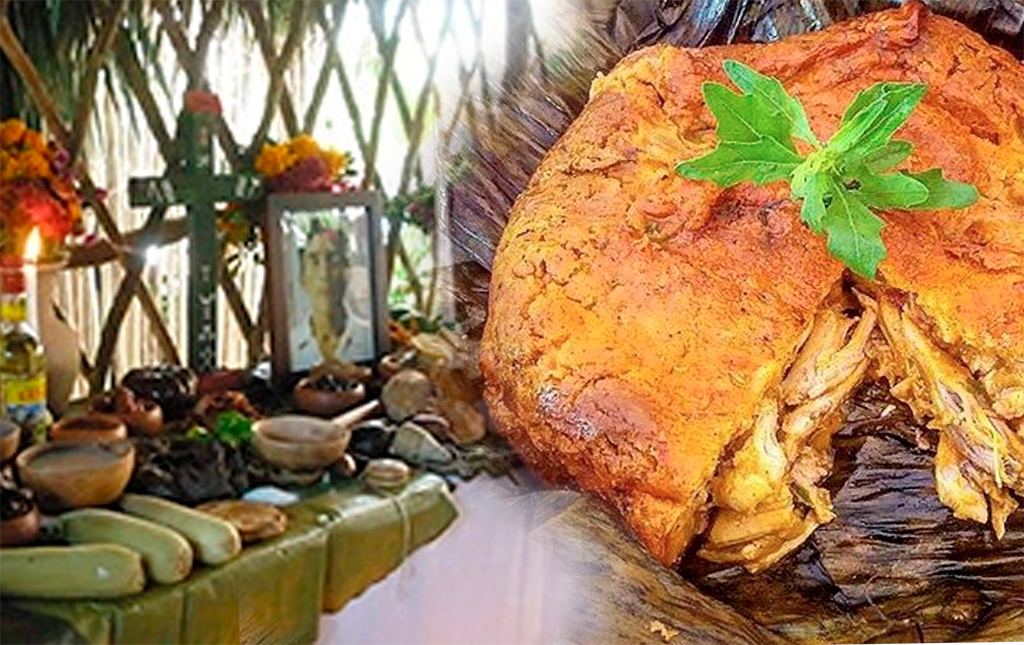







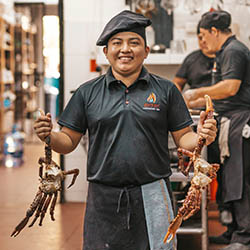


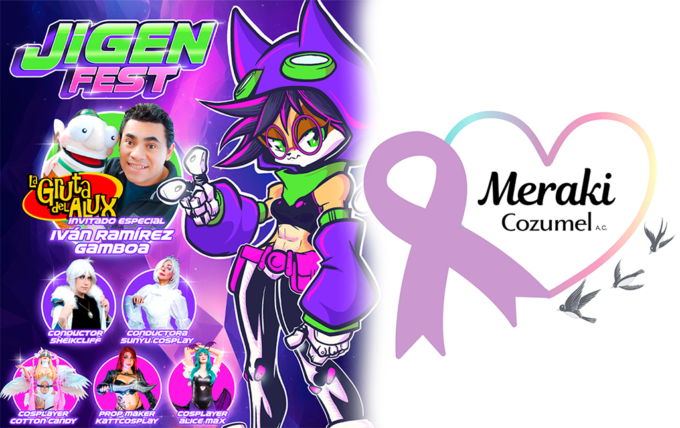
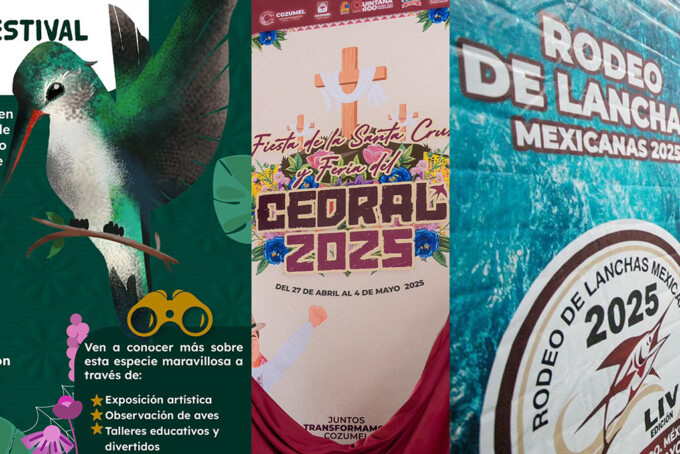

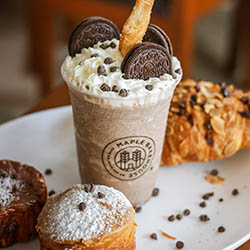





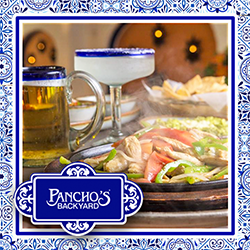

Leave a comment